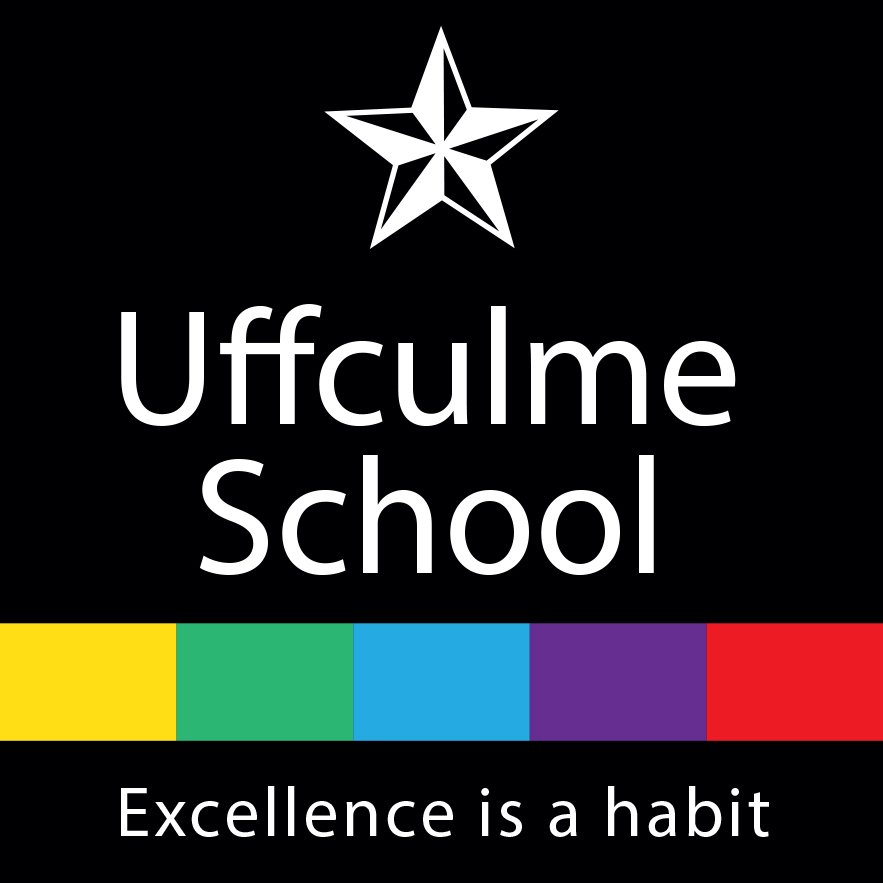
Child Exploitation & Radicalisation
In seeking to keep young people safe, we work to ensure that our students, as well as their parents and carers, are alert to the dangers and know where they can access help and support if needed.
Child Exploitation (whether criminal exploitation, such as ‘County Lines’ and sexual exploitation) and radicalisation can happen to any young person, from any background, and can happen anywhere, including Mid Devon.
‘County Lines’
‘County lines’ is the police term used to describe gangs supplying drugs to rural areas as well as market and coastal towns across the UK. These organised crime networks exploit children and young people to store, move, sell and deliver their drugs, often making them travel across counties. They use children because they are cheaper, more easily controlled and less likely to be picked up by the police.
Devon and Cornwall Police say there is increasing evidence that Devon is being targeted by criminals in larger cities such as London and Liverpool to distribute drugs in towns, villages and coastal areas within the South West, with drugs being trafficked into the county from across the UK.
Gangs typically look for local children who are emotionally vulnerable, such as those experiencing problems at home, absent or busy parents or bereavement, and then seek to fill that emotional gap and become ‘their family’, so they can take advantage of them. Often this will take place via social media. They are then groomed, threatened or tricked into trafficking drugs for gangs who often use intimidation and violence, or threaten the young person’s family. They may also offer something in return for the young person’s cooperation, for example money, food, alcohol, clothes and jewellery, or improved status, but these gifts will usually be manipulated so that the child feels they are in debt to their exploiter and have no choice but to do what they want.
For more information see The Children Society website – County Lines
Children and young people that get become involved in ‘County Lines’ are victims of child abuse – this is a child protection issue
If you are concerned about a child’s welfare, please contact Mr Chris Lepper – Deputy Headteacher (lepperc@uffculmeschool.bep.ac) our Designated Safeguarding Lead and Child Exploitation Officer
Alternatively you can contact Devon’s Multi-Agency Safeguarding Hub (MASH) on 0345 155 1071 or 0845 6000 388 out of hours.
Child Sexual Exploitation
Child sexual exploitation is a form of abuse which involves children (both male and female, and of all ages) receiving something in exchange for sexual activity. It can occur through the use of technology without the child’s immediate recognition; for example being persuaded to post sexual images on the Internet/mobile phones without immediate payment or gain.
The common features in nearly all cases of CSE are not the age, ethnicity or gender of the victims, but rather their powerlessness and vulnerability. Victims often do not recognise that they are being exploited because they will have been groomed by their abuser(s). As a result, victims do not make informed choices to enter into, or remain involved in, sexually exploitative situations but do so from coercion, enticement, manipulation or fear. Sexual exploitation can happen face to face and it can happen online without the child’s immediate recognition (e.g. being persuaded to post sexual images on the Internet/mobile phones without immediate payment or gain)
For more information see Devon Children and Families Partnership - CSE
Whatever the form of CSE it is child abuse and should be treated as a child protection issue.
If you are concerned about a child’s welfare, please contact Mr Chris Lepper – Deputy Headteacher (lepperc@uffculmeschool.bep.ac) our Designated Safeguarding Lead and Child Exploitation Officer
Alternatively you can contact Devon’s Multi-Agency Safeguarding Hub (MASH) on 0345 155 1071 or 0845 6000 388 out of hours.
Radicalisation
Radicalisation is when someone starts to believe or support extreme views, and in some cases, then participates in extremist acts (including threats and intimidation, or violence). It can be motivated by a range of factors, including political beliefs and prejudices against particular groups of people, or religious beliefs or ideologies.
Anyone can be radicalised, but factors such as being easily influenced and impressionable make children and young people particularly vulnerable. Children who are at risk of radicalisation will often have low self-esteem or be victims of bullying or discrimination.
For more information see Educate Against Hate - Prevent Radicalisation & Extremism
Radicalisation of children and young people is child abuse and should be treated as a child protection issue.
If you are concerned about a child’s welfare, please contact Mr Chris Lepper – Deputy Headteacher (lepperc@uffculmeschool.bep.ac) our Designated Safeguarding Lead and Child Exploitation Officer
Alternatively you can contact Devon’s Multi-Agency Safeguarding Hub (MASH) on 0345 155 1071 or 0845 6000 388 out of hours.
